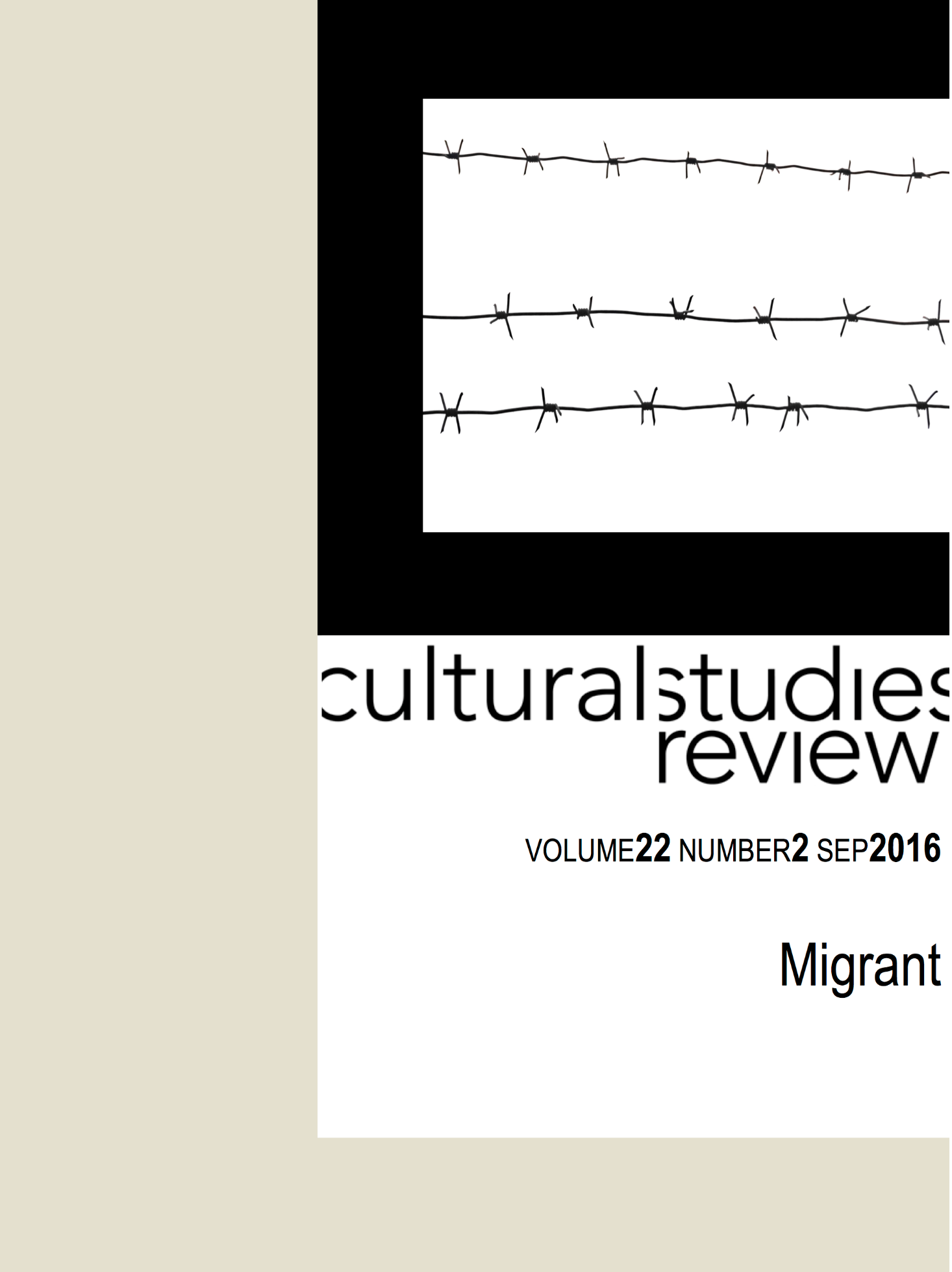‘I Am Responsible’: Histories of the Intersection of the Guardianship of Unaccompanied Child Refugees and the Australian Border
Main Article Content
Abstract
In Australia in 1946, the Immigration (Guardianship of Children) Act was passed. This Act was intended to support the postwar migration to Australia of British children, unaccompanied by their parents, and to provide them with a guardian in Australia—the Immigration Minister. Despite subsequent amendments, this key provision continues. Children who attempt to migrate to Australia unaccompanied by adult family members are subject to the minister’s guardianship. In 1948 Arthur Calwell, the then Minister for Immigration, described himself in parliament as the ‘father’ of these such children. This article focuses on the period from the 1970s to explore what this notion of fatherhood entails. What can it tell us about how children, families and the role of the minister in child refugee policies, have been imagined? I examine how the Act functions as a form of biopolitics, to discipline and regulate intimate relations for child refugees. The article asks how the Act produces a set of historically specific interdependent relationships and highlights the ways successive governments have subordinated concerns for the ‘best interests of the child’ to concerns of the policing of the Australian border.
Article Details
Section
Authors who publish with this journal agree to the following terms:
a) Authors retain copyright and grant the journal right of first publication with the work simultaneously licensed undera Creative Commons Attribution License that allows others to share and adapt the work with an acknowledgement of the work's authorship and initial publication in this journal.
b) Authors are able to enter into separate, additional contractual arrangements for the non-exclusive distribution of the journal's published version of the work (e.g., post it to an institutional repository or publish it in a book), with an acknowledgement of its initial publication in this journal.
c) Authors are permitted and encouraged to post their work online (e.g., in institutional repositories or on their website) prior to and during the submission process, as it can lead to productive exchanges, as well as earlier and greater citation of published work (See The Open Access Citation Advantage Service). Where authors include such a work in an institutional repository or on their website (ie. a copy of a work which has been published in a UTS ePRESS journal, or a pre-print or post-print version of that work), we request that they include a statement that acknowledges the UTS ePRESS publication including the name of the journal, the volume number and a web-link to the journal item.
d) Authors should be aware that the Creative Commons Attribution (CC-BY) License permits readers to share (copy and redistribute the work in any medium or format) and adapt (remix, transform, and build upon the work) for any purpose, even commercially, provided they also give appropriate credit to the work, provide a link to the license, and indicate if changes were made. They may do these things in any reasonable manner, but not in any way that suggests you or your publisher endorses their use.
